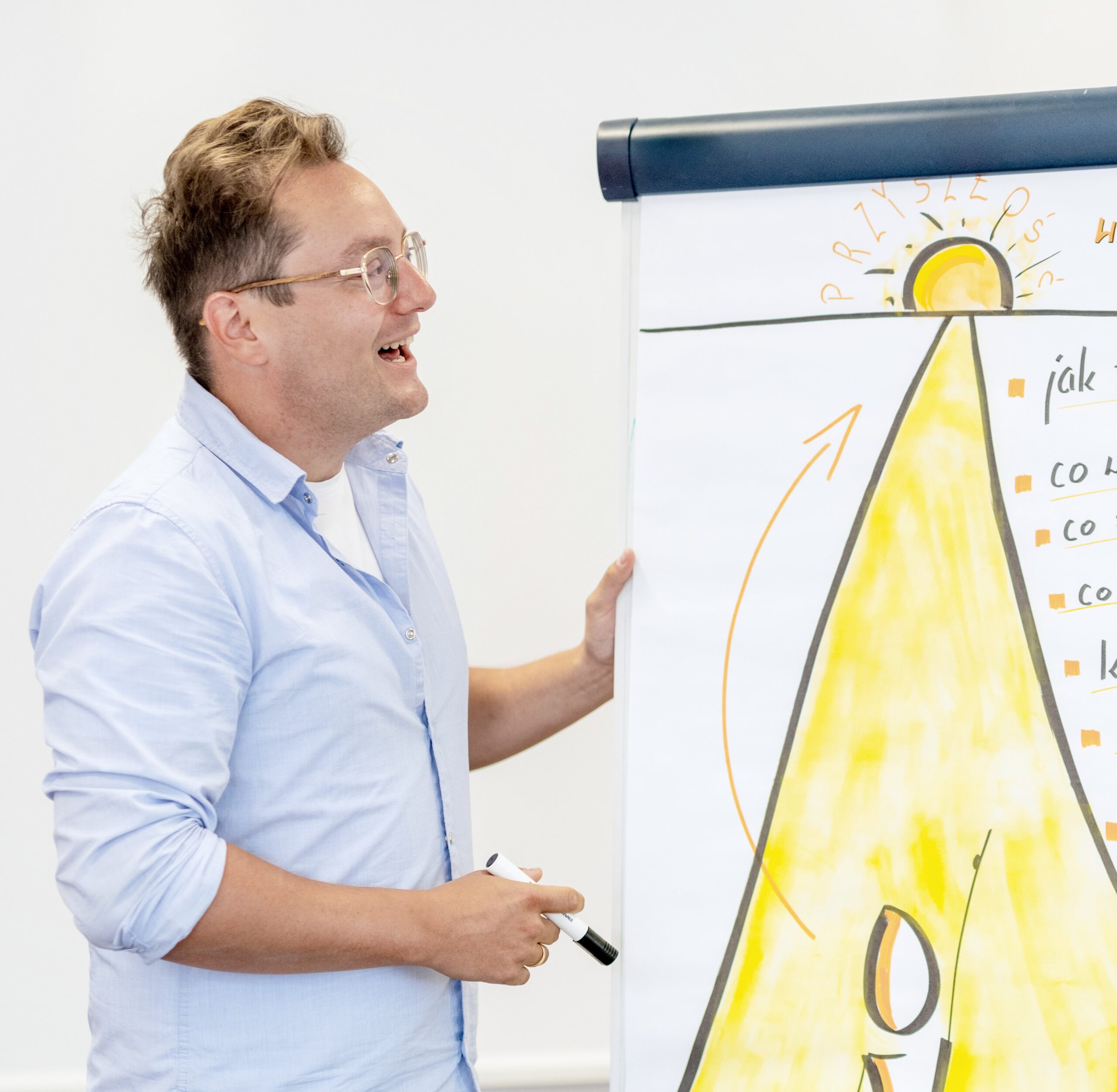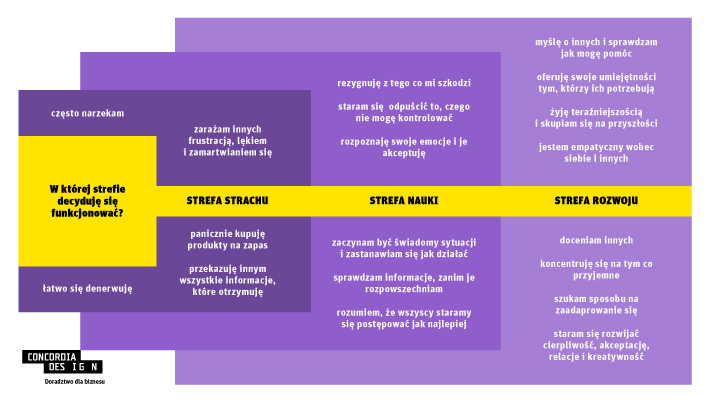Thoughts, emotions and behaviors - i.e., what is my actual attitude toward the current situation?

I don't think anyone doubts anymore that our everyday life has changed. For almost three years it has actually been changing constantly at a dynamic pace. We are experiencing as never before what the so-called VUCA world model describes. Developed at the end of the Cold War at the United States Army War College, it addressed issues of leadership in a world of uncertainty. The model, which has been well-liked in the business world for years, is an acronym for the English words:
- V = volatility,
- U = uncertainty (uncertainty),
- C = complexity,
- A = ambiguity.
In 2020, futurologist Jamais Cascio came up with a new acronym: BANI, to replace VUCA and help understand the impact of the pandemic and how it has affected our experience of the world and how the world of BANI functions in it:
- B-RITTLE (brittle),
- A-NXIOUS (anxious),
- N-ON-LINEAR (non-linear),
- I-NCONPREHENSIBLE (unintelligible).
Today, the speed of change we experience causes a constant sense of discomfort, chaos and anxiety, and in order to navigate this, it is essential to build one's self-awareness and mental resilience. Changeability, uncertainty, complexity and ambiguity as well as fragility, lack of calm, non-linearity and misunderstanding describe well the context in which we function today. It relates to the external that we have no direct control over. What we as humans certainly do have influence over, and what depends on ourselves, is the way we look at the world, how we perceive it, what we think about it. Already the ancient philosopher Epictetus said "it is not things that grieve us, but how we see them." These words are corroborated by numerous psychological studies on mental resilience (resilience), that is, the skills one possesses, among other things:
- Human adaptation to changing conditions,
- Dealing with adversity that arises on the way to the desired goal, and
- recovery of lost or weakened strength and resilience to the effects of harmful factors. Both the VUCA model and the BANI model (that which is external) and the theory of mental resilience (that which is internal) correspond to the current situation in which we find ourselves. Pandemic, war, inflation, high prices, social unrest. On top of that, the increase in sick leave due to mental illnesses by as much as 25% in one year! That's why it'sespecially important now what attitude we take toward current events. There is a lot of talk today about paying attention to those elements of life that we have influence over, that we can control, because such actions give a sense of stability and certainty. One such element is individual attitude, that is, the way a person behaves or positions himself towards people, objects, phenomena or situations. Thus, we are influenced by our: thoughts, emotions and behavior. Knowing this, it is worth taking a closer look at a simplified model describing human functioning, which distinguishes between three zones:
- fear/panic zone,
- learning zone,
- development zone. In the first zone, the dominant emotion is fear, which can lead us to irrational actions, such as panic-stripping for several months or spreading rumors about coronavirus, thus reinforcing anxiety and irritation in other people. The second zone, called the learning zone, is when we allow rational thinking. We begin to learn how to function in new conditions, and check what is good for us and what is harmful to us. We begin to notice and control our own emotions, and we filter the incoming information and decide which we believe (remember, we live in the era of fake-news).
Finally, zone three - development. It describes an attitude of acceptance and understanding of what is happening and what is beyond our direct control, and focuses on what we can do both for ourselves and for others. In this zone we show empathy, think about how we can help others and focus on the present and future rather than dwelling on what is behind us.
For example, in the context of a pandemic, the model is shown in the graphic below:

It would be useful to expand this model by one more layer - the zone of psychological security, which encapsulates the roots of individual psychological resilience. And we can develop this resilience (resilience) all our lives. This layer - within the framework of the current situation - would be an expression of securing the basic issues of life (in terms of what you have influence over) but also of embedding yourself in the here and now (using, for example, the mindfulness technique) or searching for your own resources in past crises/difficult moments of your life (e.g., through the questions "What resources of mine helped me get out of that difficult situation?", "Which of them can I use today to cope with the current situation?", "What other resources do I have that can support me?".
Knowing that it's only (and up to you!) up to you what you think, what you feel and how you behave, I invite you to reflect on which zone you find yourself in. Look at the infographic above and think, find your own examples and if you are in the fear or learning zone, reflect:
- What benefits do I incur by virtue of operating in this zone?
- What losses do I incur by virtue of operating in this zone?
- Do I have more thoughts that allow me to feel calm, or do my thoughts cause me anxiety?
- Do I want to stay here or do I want to move on to the next zone?
- What do you think you can stop doing to feel like you're in the next zone?
- And what could you start doing to feel like you're in the next zone?
- Where do you decide to start? ☺
And if you find yourself in the development zone, consider: - Thanks to what activities am I here?
- What is worth pursuing?
- And what could I try new that will support me and my loved ones?
- So what will I do? ☺
I wish you a lot of inner warmth, the ability to accept emotions (both pleasant and unpleasant ones) and to ask yourself the question: "in which zone do I choose to function in this particular situation?". And remember, we can do it!!! 🙂
Jacek Jokś
Professional Certified Coach ICF, supervisor, business consultant, Gestalt psychotherapist in training.

